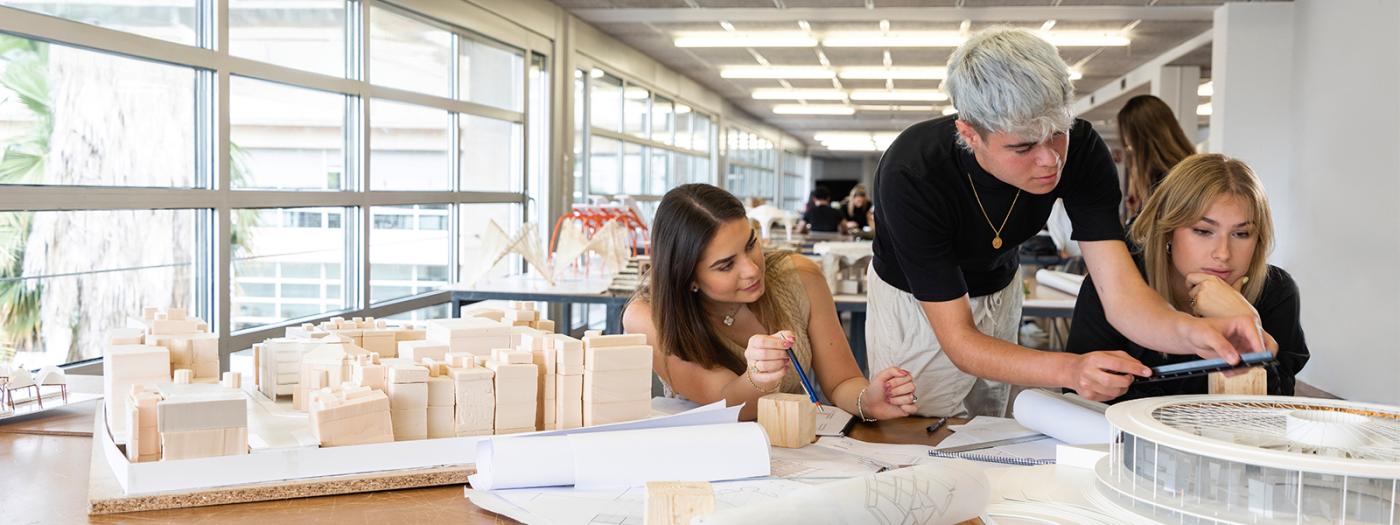· Ability to create architectural projects that satisfy both aesthetic and technical requirements.
· Understanding the relationships between people and buildings, as well as between buildings and their surroundings, and the need to relate buildings and the spaces between them based on sustainability principles, health, and human scale.
· Knowledge of research methods and the preparation of installation projects.
· Understanding of structural design, construction, and engineering concepts related to building projects. Interdisciplinary knowledge.
· Adequate knowledge of physical problems and various technologies, as well as the function of buildings, to provide them with internal conditions of comfort, fire safety, and protection against climatic factors.
Introduction to fire safety. Parking.
Indoor air quality.
Heating installations: Concepts of comfort, inertia, and thermal insulation. Needs: estimation of loads.
Heating systems: Concepts, fundamental systems, elements, implementation, pre-dimensioning.
Air conditioning pre-installation: Concepts, fundamental systems, elements, implementation, pre-dimensioning. Services, space provision.
Plumbing installations, domestic hot water, and conventional and renewable hot water. Drainage installations. Performance, design, and construction. Practical application: sizing.
Fuel installations. Concepts, design, schematic. Practical application. Sizing.
Electrical installations. Concepts, design, schematic. Practical application. Sizing.
Common telecommunications infrastructures.
Problem-solving and exercise classes
Seminar
Self-paced learning
Project-based learning
Flipped classroom
Peer instruction
Challenge-based learning
Just-in-time teaching
Lectures
Exams
Assignments
Internal/External Reports
Exercises, problems, practices
Projects
Group/Individual Presentations
Self-evaluation
Class participation/attendance
Project corrections: tutoring
Critiques by a panel/jury
